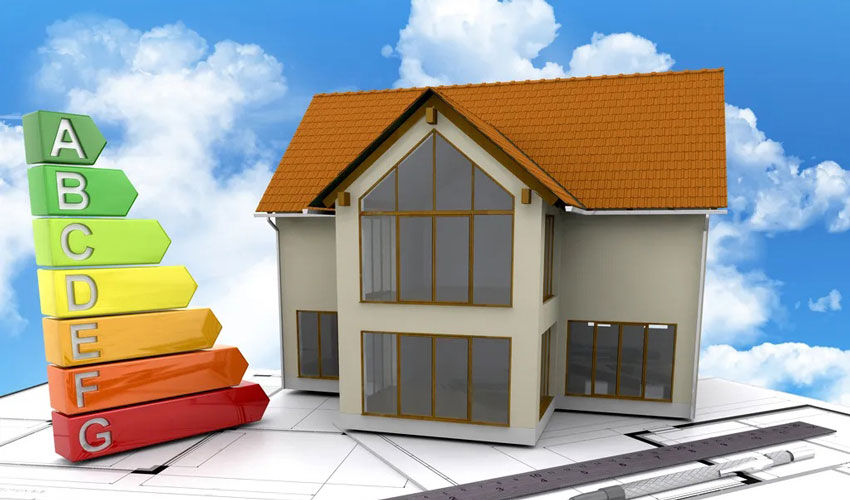
The document was approved by the government at a meeting on July 9. According to the Energy Ministry, the money will be mainly used for internal expenditures on capacity building for modernization of buildings. Of this, 3 million lei will be allocated from the state budget, while the rest will come from external technical assistance projects.
The plan envisages a number of specific measures to stimulate the construction of new NZEB buildings, as well as the conversion of existing buildings into energy efficient ones. The implementation of these measures will allow Moldova to significantly reduce final energy consumption and greenhouse gas emissions in line with its commitments in the field of energy efficiency and climate change.
“Buildings are the centerpiece of energy efficiency policies, as they account for about 50% of final energy consumption and more than 50% of greenhouse gas emissions,” said Energy Minister Dorin Junghietu.
The document includes measures such as harmonizing technical building documentation with EU standards, developing guidelines for converting existing buildings into NZEB buildings, adjusting existing financing instruments to support the transition to NZEB buildings, strengthening professional capacity in this area, and integrating the NZEB concept into vocational and tertiary education.
According to the plan, all new buildings should be designed according to the NZEB principle and existing buildings, in case of major renovation, will be upgraded to this standard as far as technically and economically feasible. Buildings complying with the NZEB principle will combine high-performance insulation with renewable energy sources such as solar panels. The installation of heat pumps and heat recovery ventilation systems will also be encouraged.













